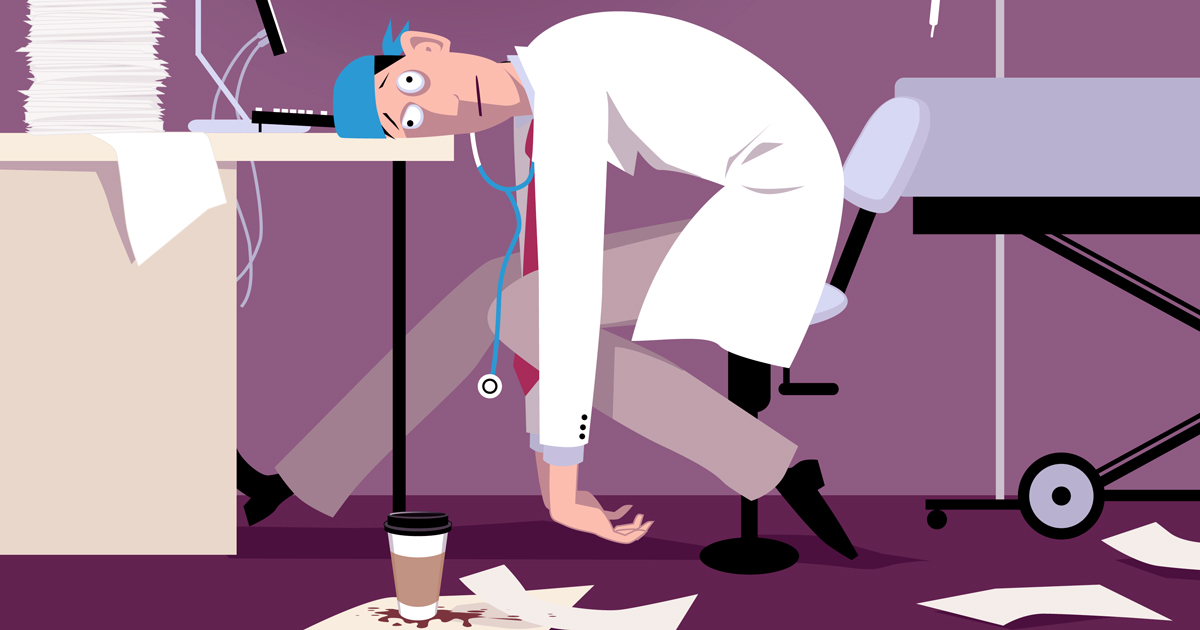Anyone who’s ever worked a night shift, raised a baby or pulled some late night study sessions will be well aware of the effects severe sleep deprivation has on them. But those are the extremes. You do okay for the most part, don’t you?
All those years at university and being on-call have taught you how to cope just fine, despite a less than ideal amount of horizontal hours. Sure, you may feel a bit unfocused during consults after a Game of Thrones binge night, but it’s not like it’s really affecting you at work… right?
Well, you might be wrong.
It’s not you, it’s the job
Firstly, poor sleep affects judgement – including judgement when it comes to assessing what lack of sleep is doing to you. Sleep specialists say while you may think you are coping well on less sleep, you’re probably wrong.
Another factor is the type of work that we mostly do. Some research has shown, unlike many other measures of performance, the ability to do problem-solving tasks (things that require a bit more effort and reasoning; exactly the kind of thing most veterinary workers do most of the time) does not seem to be significantly impaired by a lack of downtime.
So, your ability to effectively get through a busy day of vetting, despite not having good sleeping habits, might have less to do with you and more to do with the kind of work you do.
Positive emotions
There is, however, a more insidious problem associated with insufficient sleep that we ignore at our own peril, especially in a profession plagued by burnout, compassion fatigue and career exodus: even low levels of sleep deprivation can start affecting emotional function.
One of the first impacts of sleep deprivation involves specifically positive emotions. Psychologists and sleep experts say our ability to express and recognise positive emotions in others suffers when we are not well rested, while resilience to negative emotions and coping strategies concurrently start to fail us.
Of course, there is much more to emotional well-being than sleep, but trying to build coping strategies when you are even moderately fatigued is a bit like trying to have a deep and meaningful conversation with your very drunk friend.
Just tired?
Who knows, maybe your job isn’t as hard as it feels?
Perhaps you are more than capable to cope with the challenges veterinary science will throw at you. You might just need a bit more sleep.
Next week, we’ll look at what good sleeping habits look like, and how to achieve them.

Leave a Reply